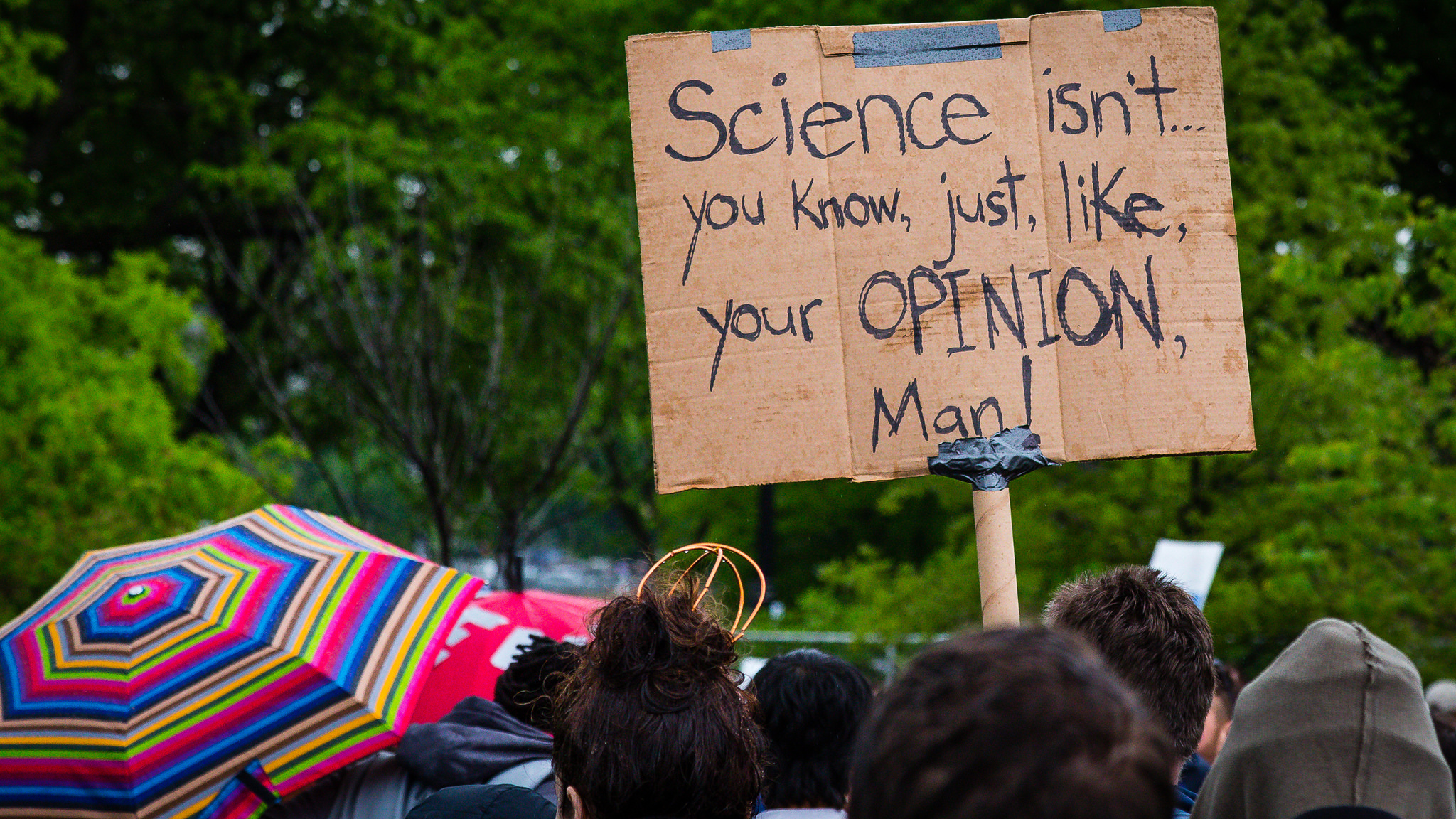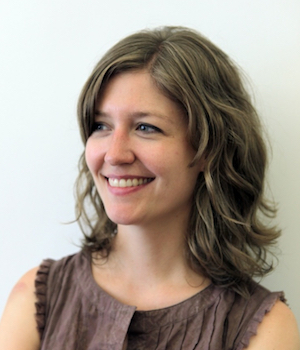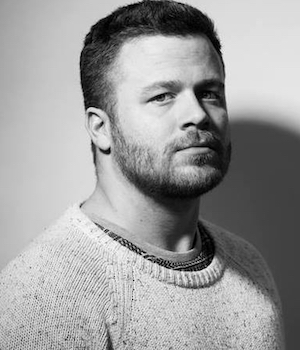Fact-Checking In the Age of “Fake News”: A Q&A With Brooke Borel and Alex Kasprak
SAN FRANCISCO—Is fact-checking the future of journalism? That question, at once disturbing for our society and promising for the increased role science journalists might play in combating fake news, drove a panel discussion among four experts on 30 October at the World Conference of Science Journalists 2017.
The panelists, all experienced in debunking false claims, stressed the importance of accuracy in journalism and the hallmarks of dubious stories in this time of “alternative facts.”
Afterward, Carolyn Wilke sat down with independent journalist Brooke Borel, author of The Chicago Guide to Fact-Checking, and journalist Alex Kasprak, who writes science fact-checking pieces at Snopes.com, to review key take-home messages for today’s science writers. This conversation has been edited for length and clarity.
—In our own work, why is it important to get it right?
Borel: Because the reader is coming to you for news and information. If you’re getting it wrong, you’re messing up your one duty as a journalist or non-fiction writer. Also, I think we owe it to one another to get things right because the more we all get things wrong, [the more] it erodes trust in the media broadly and erodes trust in the leaders of your specific field, magazine, or newspaper. And the more corrections you have [to issue], the more people are going to raise their eyebrows at your work.
Build in time before your deadline to double-check everything.
Keep track of your sources so you can go back to them.
Print your piece out and read it in a different room to look at it with critical eyes.
Read it from the perspective of your biggest critic.
Prioritize what opens you to liability or may hurt someone if you’re wrong.
—What advice would you give people checking their own work?
Borel: Make sure you are building in time before your deadline to double-check everything. When I’m writing big narrative features, I try to build in a day to re-read it. Keep track of your sources so you can go back to them easily. Make it feel like a new piece that you didn’t write—changing the font, color, style, or size, or printing it out and reading it in a different room after you’ve had a break from it can help you look at it with critical eyes. Read it as best you can from the perspective of your biggest critic, and make sure you’re plugging holes they might find.
"Often there’s one source cited and it'll be this dude on Twitter."
Also, prioritize the things that are most likely to open you to liability or hurt someone if you’re wrong. Those are the ones you really want to make sure you nail down. If you don’t have the backup to prove it, don’t publish it, or wait until you do.
—What sets off your BS alarm?
Borel: Anything that appeals to emotion in the headline. That doesn’t mean that something you feel emotional about is definitely going to be false, but that’s a red flag to stop and think before you share or trust it. If you drill down into those [false] stories, often there’s one source cited and it’ll be this dude on Twitter. So, make sure that they’re not making huge claims and citing one person, and that the people in the story actually exist.
Someone sent me this newspaper article that made these strong bizarre claims about science. I looked up the person they quoted the most, and I couldn’t find him at the institute where they said he was.
Misrepresenting large groups of studies and oversimplifying them.
Using headlines that push an irrelevant or incorrect part of the study.
Highlighting disagreement within a field to discredit the whole field.
Kasprak: It’s a very common technique in pseudoscience writing to say, “X number of studies proved this one thing.” They just put it out there and everyone shares it. I found a strategy for debunking that type of thing is to read the papers. In many cases it will be like 50 percent say the opposite, or they’re not even real papers.
"You can find a scientific paper that says literally anything in a peer-reviewed journal."
I spend a lot of time on the craziest parts of the Internet right now. It makes me understand, to a certain extent, the tricks they use because there’s not many of them—and they’re all very effective online. [They include] misrepresenting large groups of studies and oversimplifying them; headlines that push an aspect of the study that is not correct or relevant; or highlighting disagreements within a field as a tool to discredit the entire field.
—What are some essential skills for a science fact-checker?
Kasprak: I would say the biggest skill is the ability to read and understand the discourse in the scientific literature—knowing how to read papers, how to figure out the consensus in the field, figuring out who to talk to. Those are skills you can build as a journalist, and they will serve you well.
You can find a scientific paper that says literally anything in a peer-reviewed journal. So the skill is figuring out “Is this study BS?” That’s a skill most people don’t have.
—
Carolyn M. Wilke is a Ph.D. student at Northwestern University studying environmental engineering. She was a 2017 AAAS Mass Media Fellow at The Sacramento Bee. Find her online at www.carolynmwilke.com and @CarolynMWilke.



